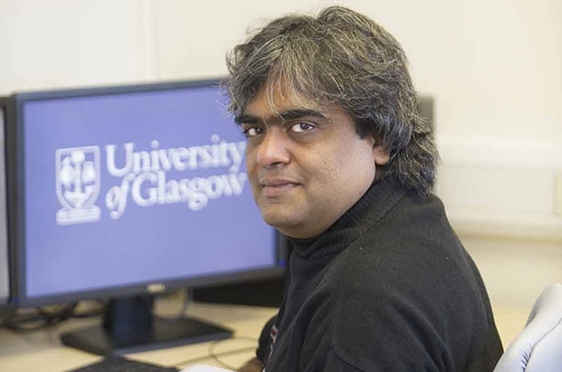A new project to equip local communities in India with the skills to assert themselves, aims to improve the learning and education outcomes of their children.
The work, lead by academics at the University of Glasgow Adam Smith Business School, focuses on parents from castes and minorities in Northern Karnataka, who are on their school management committee but rarely exercise their voice. Although these committees have been set up within a legal framework for parents to have their say in how schools are run, in practice, the majority are passive participants and the committee tends to be dominated by each school’s head teacher.
Lead by Principal Investigator, Professor Sayantan Ghosal, using a framework including insights from education research, behavioural economics and game theory, the work examines how poverty, marginalisation and exclusion impacts on the beliefs and agency of parents.
Professor Ghosal explained: “This research will help us understand in detail the mechanism explaining the passive participation and lack of voice in the accountability processes within local schools, which potentially amplify across generations – the disadvantage imposed by disadvantage.
“Our work is part of a larger research programme to understand how the experience of deprivation and marginalisation impacts on hopes, aspirations, beliefs and attitudes.
“Although parents belonging to disadvantaged groups may be aware of their rights, they may lack confidence and be pessimistic about their ability to influence the system which impacts on the education outcomes of their children.”
The work uses a psychological training programme ‘reflection action’ developed by Paulo Freire, as a tool to empower people to engage with education, and take more control of a situation to improve their lives as individuals and as groups.
It equips those taking part with the skills to assert themselves when there are more powerful people present – both socially and economically.
The project will examine whether such a programme results in the parents’ active, critical engagement within the School Management Committee, and improves the educational/learning outcomes of their children. It is believed to be the first academic project to carry out a randomised controlled trial of reflection action to see if this has a causal impact in terms of collective action.
The idea is, if parents become engaged to influence the schooling system, this would have several potential benefits including more community engagement; an increased participation in local political processes and an impact on the quality of children’s education. Children would also benefit from seeing their parents exercise their voice and gain more control in their community. This can positively impact how children see themselves.
Professor Ghosal said: “The ideas of having participatory processes in the delivery of publicly funded, local services are increasingly being taken up across the world in different contexts. This study will evidence and quantify the welfare effects of a successful intervention.”
The project aims to achieve broader policy impact by contributing to the development of training programmes tailored to encourage participation by disadvantaged groups in social accountability processes.
Researchers will provide evidence and make a case for amending the Right to Education Act in India and similar provisions in other Official Development Assistance (ODA) countries by including training for parents as part of the provisions of the Act.
It could also lead to the development of training programmes to encourage participation by disadvantaged groups in social accountability processes in India and elsewhere.






